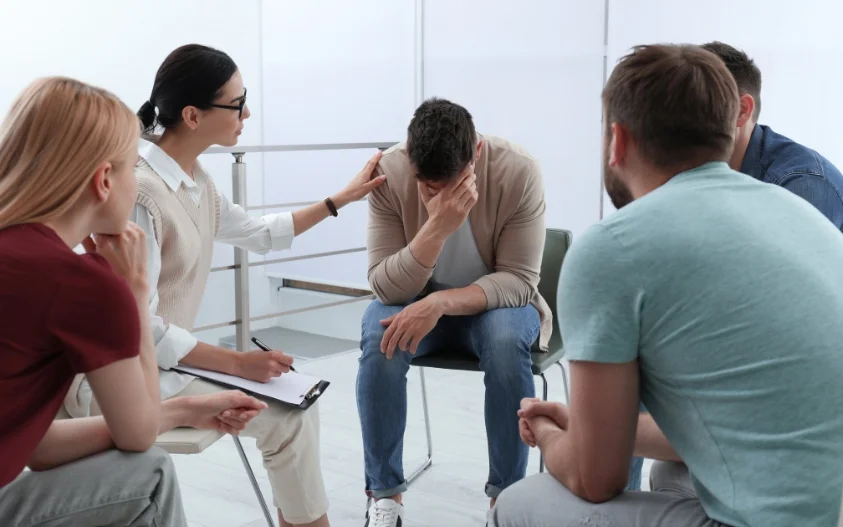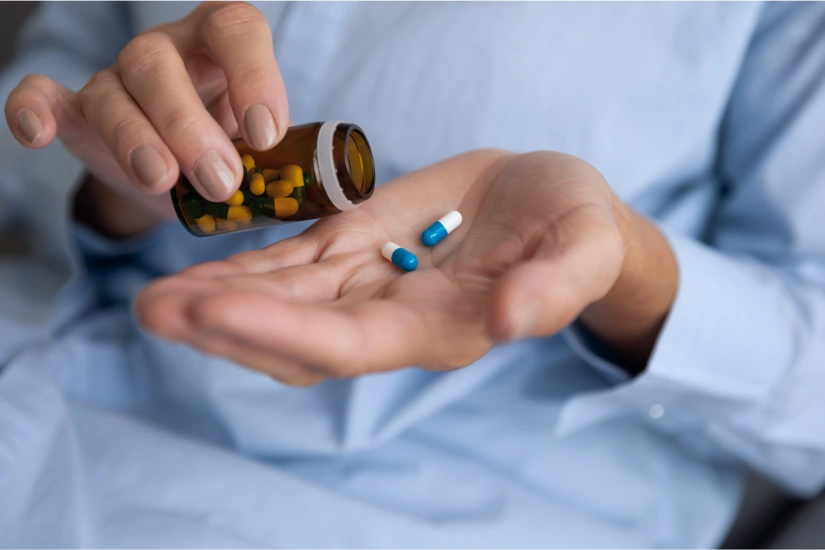24/7 Helpline:
(866) 899-221924/7 Helpline:
(866) 899-2219
Learn more about PTSD Treatment centers in Prince George

Other Insurance Options

Magellan Health

WellPoint

Horizon Healthcare Service

Covered California

GEHA

Amerigroup

AllWell

Private insurance

Medical Mutual of Ohio

BlueCross

BlueShield

Self-pay options

Meritain

Absolute Total Care

Access to Recovery (ATR) Voucher

Lucent

Health Choice

CareFirst

Excellus

Kaiser Permanente












Community Services Board – Prince George Counseling
Community Services Board - Prince George Counseling Services offers outpatient treatment for adults ...


